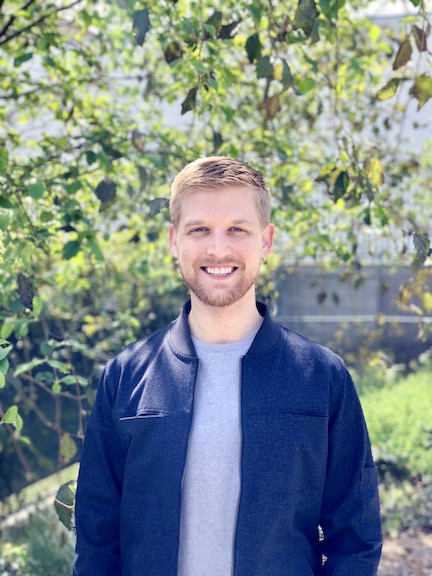 My research applies findings from cognitive and affective neuroscience to examine adaptive control in healthy participants and psychopathology. Adaptive control refers to how the brain coordinates cognitive, emotional, and physiological processes to identify problems in the environment and optimize goal-directed behavior. Adaptive control dysfunction is evident in numerous clinical disorders, and my research cuts across diagnostic boundaries to understand this dysfunction and its impact on behavior. My research examines healthy and clinical populations to answer these questions: How well do models of adaptive control predict performance? How do variations in adaptive control contribute to psychopathology? Can adaptive control be improved in psychopathology, leading to benefits in functional outcome? This last question is a large focus of my current research and future plans.
My research applies findings from cognitive and affective neuroscience to examine adaptive control in healthy participants and psychopathology. Adaptive control refers to how the brain coordinates cognitive, emotional, and physiological processes to identify problems in the environment and optimize goal-directed behavior. Adaptive control dysfunction is evident in numerous clinical disorders, and my research cuts across diagnostic boundaries to understand this dysfunction and its impact on behavior. My research examines healthy and clinical populations to answer these questions: How well do models of adaptive control predict performance? How do variations in adaptive control contribute to psychopathology? Can adaptive control be improved in psychopathology, leading to benefits in functional outcome? This last question is a large focus of my current research and future plans.
I also have a strong interest in improving research methodology in clinical neuroscience, including the importance of considering the psychometric properties of neural measures. I have developed open-source, MATLAB software to make generalizability theory approaches to the psychometric evaluation of behavioral and event-related potential (ERP) measurements readily available to researchers interested in taking advantage of its multifaceted approach to the evaluation of measurement error. The continual application of rigorous psychometric methodology to psychological measures has the capability to improve the reproducibility of psychological science and mitigate the replication crisis in clinical neuroscience.
I’m currently an assistant professor in the clinical area of the psychology department at the University of South Florida. I plan to admit a student for Fall 2023.
To learn more about me, you can look my academic biography. I have also posted detailed information about my specific research interests and about the ERP Reliability Analysis Toolbox. My publication record can also be found here.